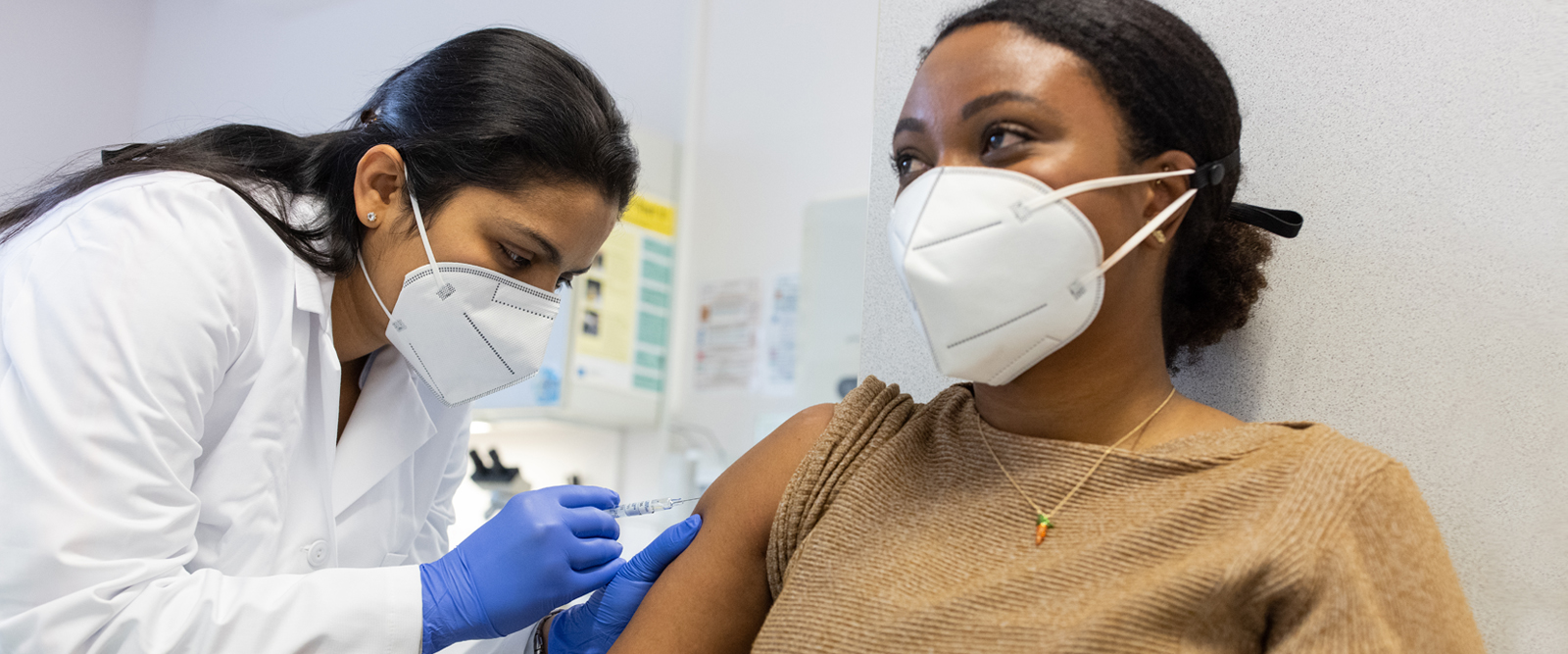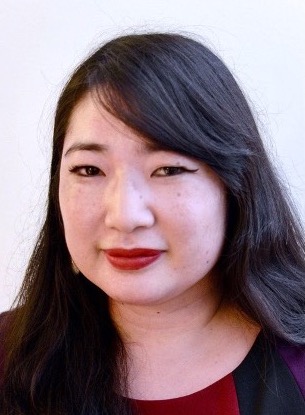What to Know About the FDA’s Proposals to Simplify the Use of the COVID-19 Vaccine
A NewYork-Presbyterian infectious diseases expert explains what the proposed plan means.


People receiving their first COVID-19 vaccine or a subsequent booster should be given a single shot with the most updated formulation, an advisory committee to the Food and Drug Administration (FDA) recommended earlier this year in a unanimous vote (21-0). The approach would phase out original versions of the COVID-19 vaccine in favor of the updated formulation. While most people will require only one dose, younger, older, and immunocompromised people may still need two shots.
“People getting their first shot against COVID-19 prior to this recommendation were receiving the original vaccine formulation that was released in late 2020, while those receiving a booster were given the latest bivalent formulation, which targets both the original COVID-19 strain, as well as the Omicron BA.4 and BA.5 subvariants,” says Dr. Yoko Furuya, chief epidemiologist and medical director of Infection Prevention and Control for NewYork-Presbyterian Hospital. The Centers for Disease Control and Prevention (CDC) is supportive of a transition from the original vaccine formulation to bivalent.

Dr. E. Yoko Furuya
The FDA made several other proposals in addition to recommending the single updated COVID-19 vaccine shot. One proposal was to simplify the vaccine schedule for a majority of people, such as having an annual COVID-19 vaccine program, which the CDC also supported.
Dr. Furuya shared with Health Matters what to know about the FDA’s proposals.
Why is the FDA recommending this vaccine approach?
Dr. Furuya: There are two main reasons for this new recommendation. Firstly, this simplification would make vaccination more streamlined, less confusing, and easier to implement, as well as lower the risk of vaccine administration errors when juggling multiple different formulations. It would also make communication and messaging to the public more straightforward, which could help increase vaccine uptake.
The second reason is that preliminary data suggest that using the newest formulation for all vaccine doses might be more effective than sticking with the original formulation for first doses. While data on the real-life effectiveness of the current bivalent vaccine are still preliminary, several studies have shown that the current bivalent booster is more effective than the original monovalent booster in preventing severe illness leading to hospitalization or death due to Omicron. It also appears effect against symptomatic infection at least within the initial three months after receipt.
What else is the FDA proposing?
One of the FDA’s proposals was to recommend a simplified vaccination schedule, with the assumption that most of the general U.S. population has been exposed at least twice to COVID-19, either from natural infection, vaccine, or some combination of both. The simplified recommendation would be a single vaccine dose for most people. But for younger children, older adults, or those with weakened immune systems, the recommendation would be two doses.
The FDA also proposed that the committee, which is called the Vaccines and Related Biological Products Advisory Committee, convene each spring to evaluate which COVID-19 strains are circulating and make recommendations on what should be included in the COVID-19 vaccine, which would be given each fall.
What should people keep in mind for now and expect next?
There are still unanswered questions remaining. The advisory committee is continuing to ponder these before making recommendations on the FDA’s proposals. We expect to have more recommendations forthcoming from the advisory committee in the coming weeks.
E. Yoko Furuya, M.D., is a nationally recognized epidemiologist and specialist in infectious diseases, with 20 years of clinical experience. She is the chief epidemiologist and medical director of Infection Prevention & Control for all campuses of NewYork-Presbyterian Hospital, including NewYork-Presbyterian/Columbia University Irving Medical Center and NewYork-Presbyterian/Weill Cornell Medical Center. She is also an associate professor of medicine at Columbia University Vagelos College of Physicians and Surgeons. In 2018, Dr. Furuya was honored for her achievements in the field of healthcare epidemiology by being recognized as a Fellow of the Society for Healthcare Epidemiology of America.

